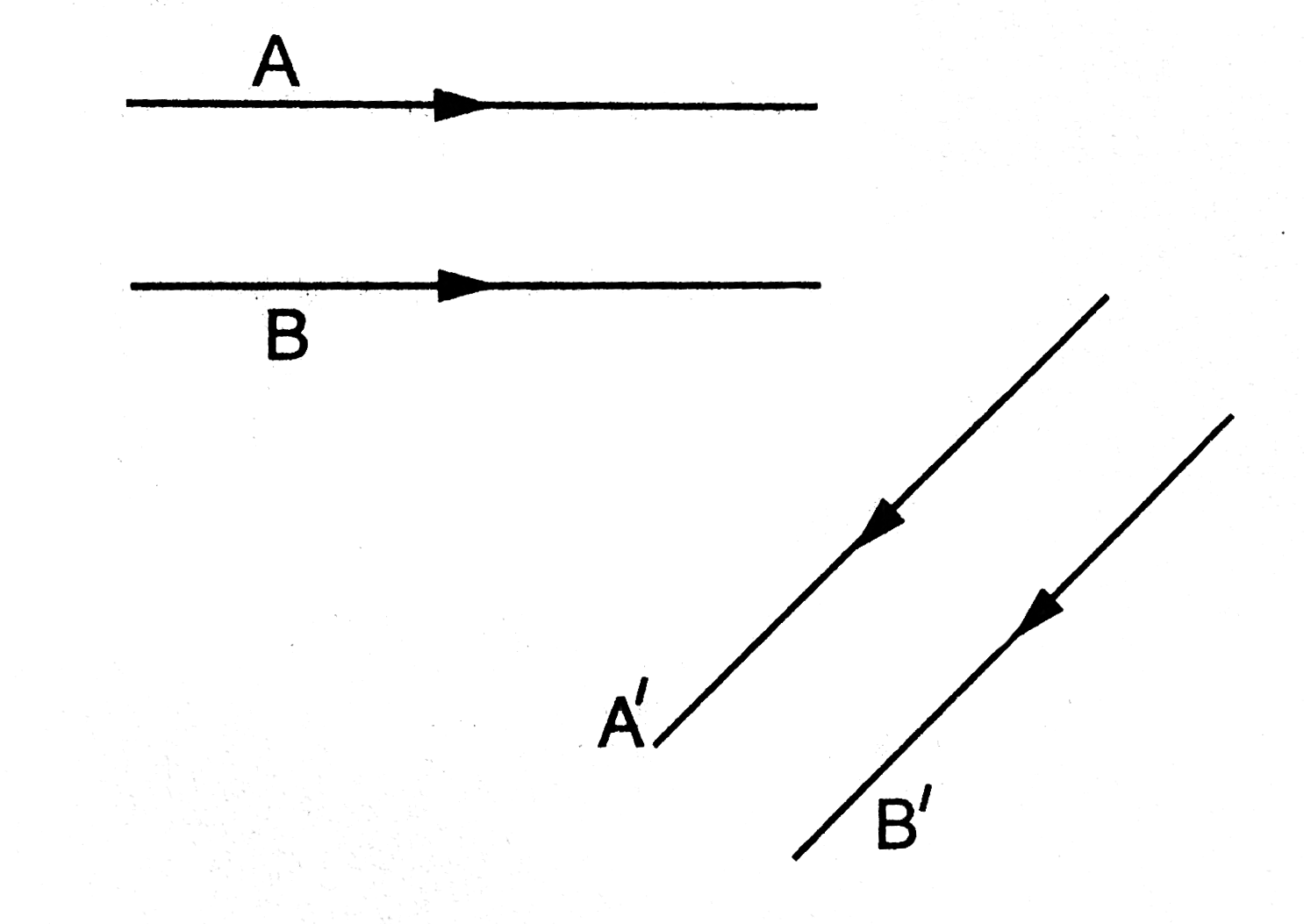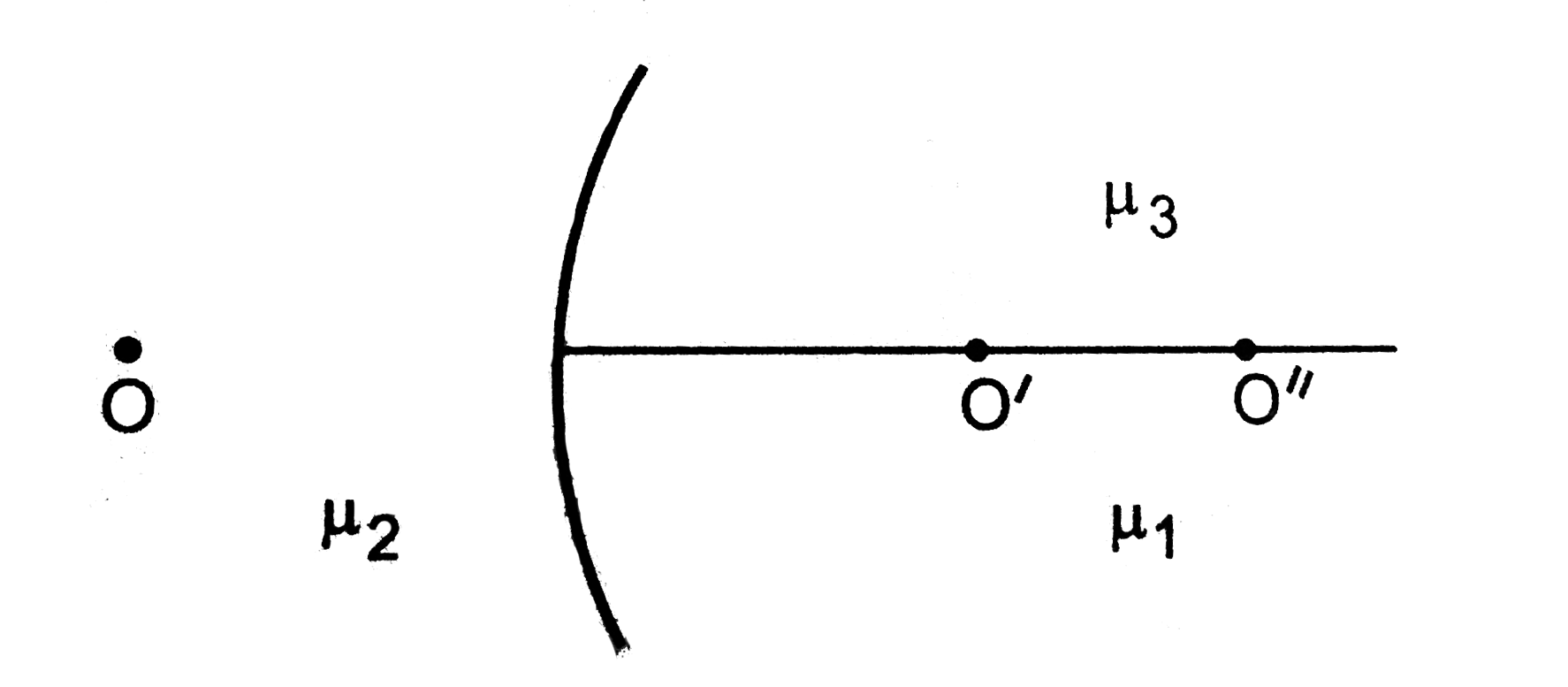Complete Solutions to Objective -1 of chapter GEOMETRICAL OPTICS of Class 12 book with complete answers and questions
| Class 12 | PHYSICS |
| Chapter | GEOMETRICAL OPTICS |
| HC VERMA | Objective -1 |
| Number Of Questions | 15 |
| Academic Year | 2023-24 |
A point source of light is placed in front of a plane mirror.
View SolutionTotal internal reflection can take only if
View SolutionIn image formation from spherical mirrors, only paraxial rays are considered because they
View SolutionA point object is placed at distance of 30 cm in front of a convex mirror of Focal length 30 cm. The image will form at
View SolutionFigure shows two rays A and B beig reflected by a mirror and going as A' and B'. The mirror

View SolutionThe image formed by a concave mirror
View SolutionFigure shows three transparent media of refractive indices `mu_1, mu_2 and mu_3`. A point object O is placed in the medium `mu_2`. If the entire medium on the right of the spherical surface has refractive index `mu_1`, the image forms at O'. If this entire medium has refractive index `mu_3` the image form at O''. In the situation shown

View SolutionFour modifications are suggested in the lens formula to incude the effect of the thicknes t of the lens. Which one is likely to be correct?
View SolutionA double convex lens has two surfaces of equal radii R and refractive index m=1.5, we have
View SolutionA point source of light is placed at a distance of 2f from a converging lens of focal length f. The intensity onteh other side of the lens is maximum at a distance
View SolutionA parallel beam of light is incident on a converging lens parallel to its principal axis. As one moves away from the les on the other side on its principal axis, the intensity of light
View SolutionA symmetric double convex lens is cut in two equal parts by a plane perpendicular to the principal axis. If the power of the original lens was 4D, the power of a cut lens will be
View SolutionTwo concave lenses `L_1 and L_2` are kept in contact with each other. If the space between the two lenses is filled with a material of smaller refractive index, the magnitude of the focal length of the combination
View SolutionA thin lens is made with as material having refractive index `mu=1.5.` both the sides are convex. It is dipped in water `(mu=1.33)`. It will behave like
View SolutionThe rays of different colours fail to converge at a point after going through a converging lens. This defect is called
View Solution
Objective -1 questions and complete solutions for chapter GEOMETRICAL OPTICS of HC VERMA PHYSICS (ENGLISH) of Class 12